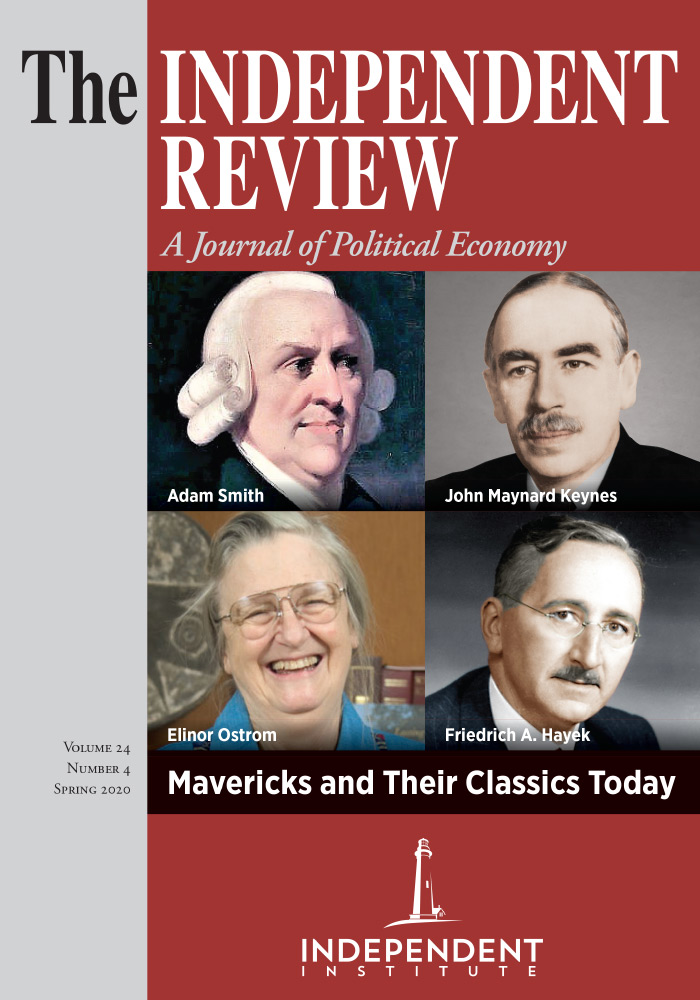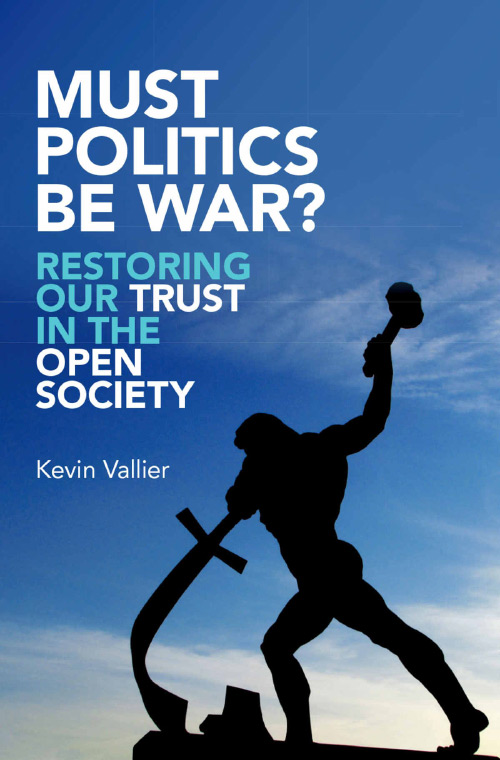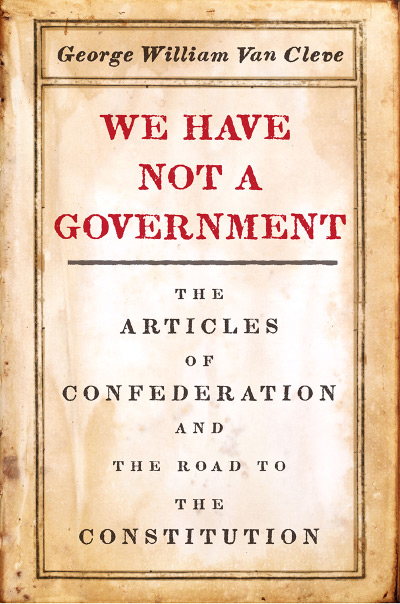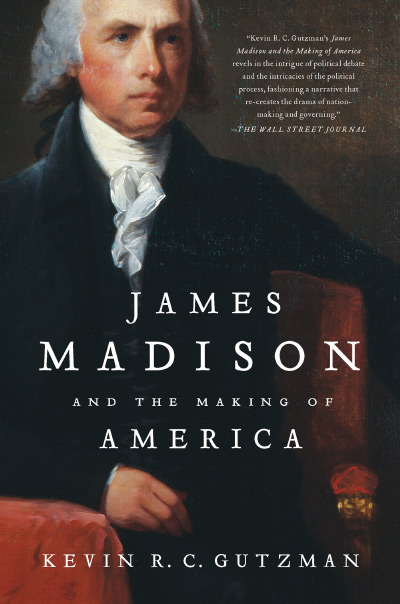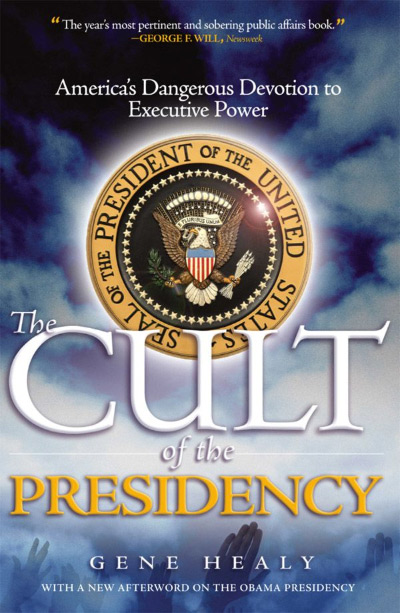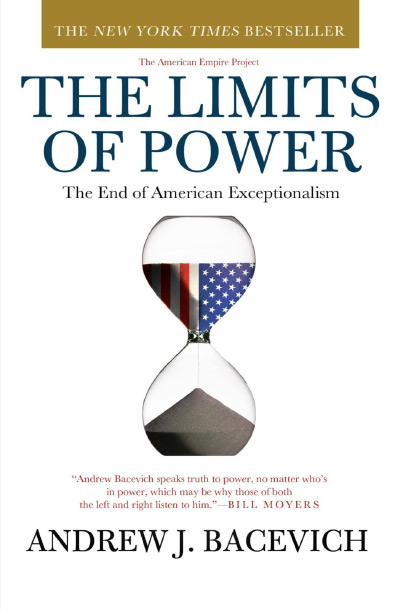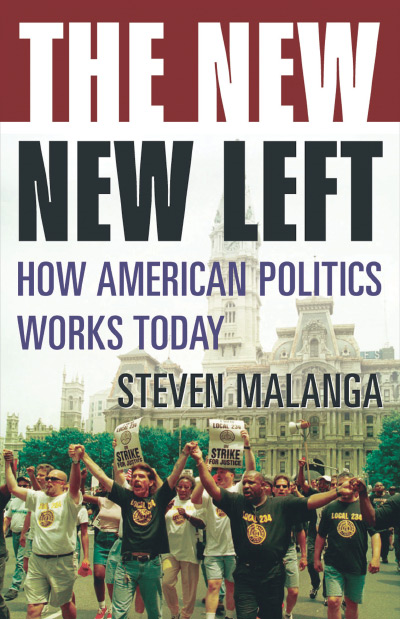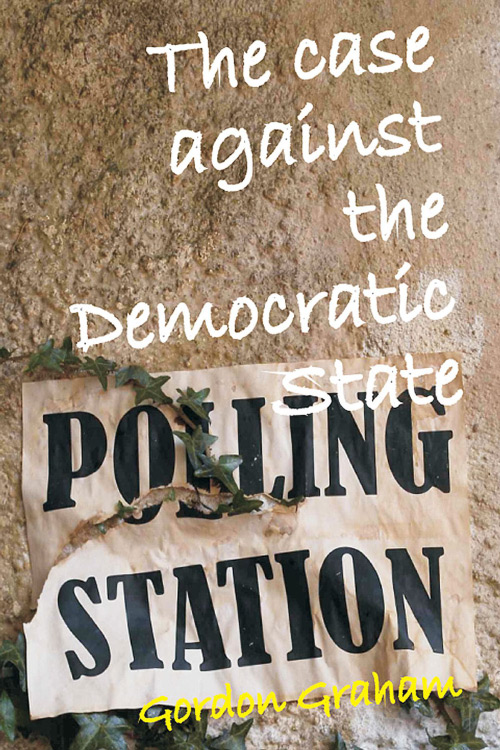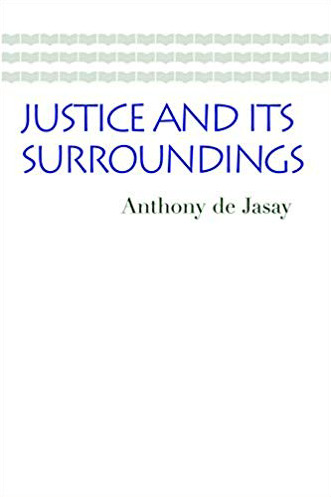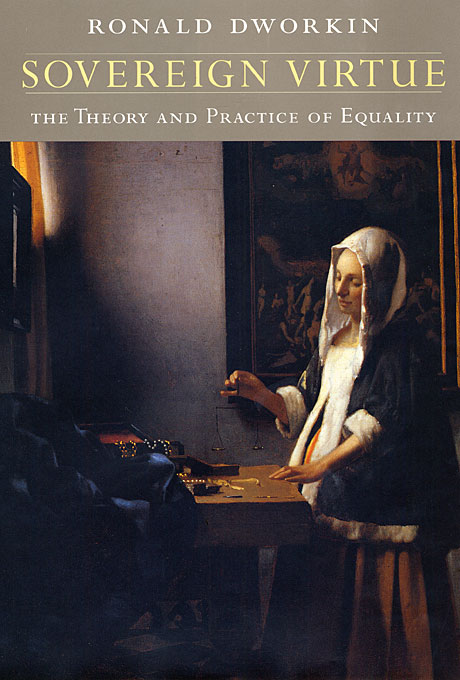Is the “nature” of humans to be cooperative, or to be antagonistic and tribal? Political philosophers tend to use aspirational conceptions of human nature: what we wish we were, or what we might become, usually if we’d just come to our senses and listen to political philosophers. But psychologists and artists tend to look at groups of humans and observe what they actually do.
One famous psychologist, Muzafer Sherif, designed an experiment now known by its location, Robbers Cave State Park (and Boy Scout camp). The “Robbers Cave” experiment involved recruiting 22 boys, all white, 12 years old, and from 2-parent households, and assigning them to one of two groups. The two groups were each—separately and without knowing of the existence of the other group or even that there was an experiment in progress—transported to different parts of the 200-acre camp and given some time to form (there’s no other way to put it) a tribe.
They even adopted tribal identities. They could have been the Sharks and the Jets, but that’s from “West Side Story,” in 1961, which is itself modeled after the Capulet and Montague gang/tribes of fourteenth century Verona. The names chosen by the Robbers Cave groups were the “Eagles” and the “Rattlers,” crude images of each of which were quickly emblazoned on shirts and flags.
After a week—that’s just 7 days after being taken out of a set of pretty homogeneous, civilized family environments—the groups “discovered” (with the help of the counselors, who were of course confederates of the experimenters) each other. There just happened to be a baseball field, and baseball equipment, and it was suggested that the two groups “play” each other in some games. There was also tug-of-war, and other competitions.
This sounds like pretty standard camp stuff, but the two groups had no contact except for the competitions, and there was no choosing up sides anew each day, the way a camp would work. The Eagles hated the Rattlers, and vice versa. In each contest, the winners got medals and cool multi-blade pocketknives. The losers got shame and loathing, and a resolve not to lose again. A picnic was arranged, and described as being extremely delicious. But one group was intentionally delayed in arriving, on a pretext, and when they showed up the other group had eaten all the food (there wasn’t much, an artificial scarcity introduced by the experimenters but not unrealistic in real political settings).
Even though the “tribes” were completely arbitrary, the result in fact of literal random assignment, the cartoon-drawing Eagle or Rattler on the boys’ t-shirts quickly became the core of their identities. They called each other names, started throwing rocks, and then (to the consternation of the counselors) started organizing clandestine but reasonably effective physical attacks on the other camp.
The counselors had to intervene to separate the groups. In “cooling down” interviews, almost every member of both groups spoke of his own side in positive terms, and described the other group in insulting terms that also placed all the blame for problems on the other side. Remember, these groups were identical; if the groups had also been divided by race, ethnicity, or language it is likely these salient dimensions of difference would have been seized on and exploited also.
One should not draw general conclusions about human nature from one study, and in fact it is likely that any manipulated “lab” experiment is going to reflect the narrow particularities of the constructed context. Further, one might object that the sample was biased: no females, and no adults. But 12-year-old boys seem to me like a pretty useful reference group for the degree of sophistication and depth of most of our political debates, at least in the U.S. (“I know you are, what am I?” being a pretty close paraphrase to discussions between Republican and Democratic elites.)
Kevin Vallier, being a political philosopher, thinks that this picture of human nature is wrong, or at least not completely correct. In Must Politics Be War? (spoiler alert: no), Vallier argues that while many perceive current American politics as war, this state of affairs is neither proper nor necessarily permanent. To the conclusion “Diverse societies cannot sustain social trust” (p. 2), he claims:
To believe such a thing would be to have a very dim worldview indeed. Fortunately, those that subscribe to it are mistaken. Diverse people exhibit social trust all the time, whenever they rely upon other persons to abide by the political, legal, and social rules that govern their day-to-day lives. A moral peace between persons is a state of society with a high degree of justified social trust in institutions constituted and governed by these rules, and it is within our grasp. Accordingly, this book explores the question of which institutional structures can sustain moral peace between diverse persons. (p. 2, emphasis original)
I’m always tempted to go back and substitute something like “defy gravity” for “create cooperation;” political philosophers from Rousseau to Gerald Cohen have long simply suggested we can ignore all the facts because, come the revolution, there will be a newly constructed human sensibility, and all will be well. All we need to do is stop assuming that inconvenient “gravity” thing, and we’ll all be able to fly to heaven soon enough, on our own power.
But that’s not Vallier’s game; his claim is the plausible one that social trust is possible but not automatic and possibly quite fragile. The key is institutions, and support for informal mechanisms for sustaining those institutions. The goal is the Popperian “open society,” not because everyone agrees that this the ideal but because:
...even nonliberals have adequate moral reason to endorse a regime of liberal rights as morally binding. On reflection, each person can see that liberal rights are the most she can respectfully demand of persons with incompatible ideologies. Liberal rights, therefore, lay the groundwork for sustaining social trust, since we can all see that others endorse liberal institutional arrangements from their own perspective. When each person is guaranteed a rights-protected life, she has adequate moral reason to ally herself with her political and economic institutions. (p. 3)
Well, right. But this is Nash reasoning, in a game with multiple equilibria. That means that it is true that obeying liberal rules and supporting liberal norms is the best thing to do, and is morally appealing, if everyone else is also doing that. Unilaterally defecting and acting in aggressive ways to force others to comply with your ideas will make you worse off.
But there are two problems: First, what if the current equilibrium is not the “liberal rules” outcome, but the “collapse of social trust” outcome? Again, the reasoning is Nash: trying to act in accordance with liberal principles, in a setting where everyone is behaving according to tribal norms of virtue signaling, whether it’s “woker than thou!” or “race identity rules!” will likewise make you worse off. It’s not up to any individual.
Vallier recognizes this, of course, and discusses the problem of institutions in some interesting ways. Given his educational pedigree, Vallier is unsurprisingly generally (though sometimes critically) a follower of Gerald Gaus’s “public reason” view of liberalism (Gerald Gaus, 2011, The Order of Public Reason, New York: Cambridge University Press). He fleshes out a theory of trust, of norms, and social trust, and describes ways that institutions might create, support, or destroy such a sense of shared belief.
There is an extended argument justifying legal coercion, addressing the fundamental problem of political authority, and arguing for a presumption in favor of moral liberty. I find these arguments persuasive, but I’m already on Vallier’s side here. The real question is what evolutionary game theorists call invasion by “mutants,” or people who do not grant Vallier’s presumption in favor of moral liberty. That’s the second problem I mentioned above, the best summary of which is F.A. Hayek’s famous essay, “Why the Worst Get on Top.” (Chapter 10 from The Road to Serfdom, Chicago: University of Chicago Press, 1944).
Such a critique of Vallier’s view has two simple elements: the disposition, perhaps latent but always present, for humans to divide into tribes or factions. There may be no rational basis for this identification, as in the case of the events at Robbers Cave, because there is always some salient feature that can be used to create division. In a diverse world where there are visible dimensions of difference, ranging from religion to skin color to language, immigration status, and sexual orientation, there is no reason to believe a generic presumption in favor of liberal norms will survive.
The second element is demagogues. Even if citizens themselves tend to support liberal norms and institutions, political “entrepreneurs” seeking power are likely to push those buttons and pull those levers that lead to the creation and social significance of dimensions of difference that have no rational basis, but which are nonetheless Schelling-style “focal points” around which political movements can be organized. Hayek’s claim about “Why the worst get on top” is, as Hayek puts it, the problem is that “the unscrupulous and uninhibited are likely to be more successful” in competitions for power. The very people who believe in liberal norms are more likely to feel bound, and ultimately constrained, by just those norms. A demagogue, unencumbered by liberal norms, is free to make appeals to racial, religious, or other dimensions of difference, and soon the Eagles are in a rock fight with the Rattlers all over again.
At the beginning of this essay I mentioned that artists, not just psychologists, take a more jaded view of human nature than political philosophers. Observers of the political process in the U.S. have produced a variety of fictional accounts in which demagogues exploit the basic human willingness to rise up and fight hard for trivial, even imaginary, differences. We needn’t go as far as the utterly soulless Frank Underwood in “House of Cards.” The tactic of using new issues, which William Riker called “heresthetics,” is increasingly seen as business as usual in politics. This artistic rendering is not causal, I think, but reflective of the erosion of support for the presumption in favor of liberal norms on which Vallier’s argument depends.
The Netflix series “The Politician,” created and written by Ryan Murphy (who did “Glee,” but also “Scream Queens”), is a high school version of Robbers Cave, but on steroids and puberty hormones. Some critics of the series have lamented the fact that the principles (including the principal) in the high school class president election all lack any kind of moral center or personal character. But, as Sarah Skwire pointed out in her review (“No Adults in the Room: From Election to The Politician,” Reason, pp. 59-61, February 2020), “These critics are right to notice all the hollowness, but they are wrong to think that it’s a flaw. The hollowness is the point.”
To be fair, Vallier is only arguing that social trust is “within our grasp,” not something that we can just let go of and assume it will hang around. In the concluding section of the book he muses about whether in some sense so much of politics is war because we want it to be, or at a minimum don’t really mind fighting over. The flip side of identity war, after all, is identity-belonging; it increases the value of the ties I cherish to have someone for all of “us” to loath. The problem is that an uncritical acceptance of the claim that politics and government should have broad scope over our lives is to invite the pathologies of politics into our otherwise decentralized and often latent conflicts. Since I believe politics tends toward war, the only real answer is to limit the scope of politics, and political power.
| Other Independent Review articles by Michael C. Munger | ||
| Summer 2024 | Secret Government: The Pathologies of Publicity | |
| Spring 2024 | Following Their Leaders: Political Preferences and Public Policy | |
| Spring 2024 | The Origins and Evolution of Consumer Capitalism; Crack-Up Capitalism | |
| [View All (80)] | ||

